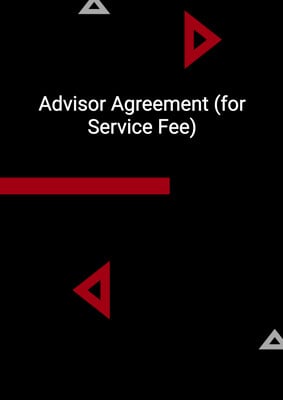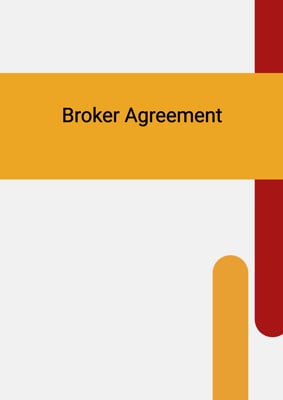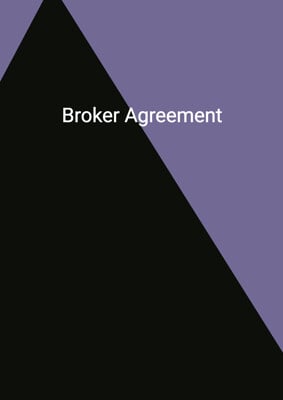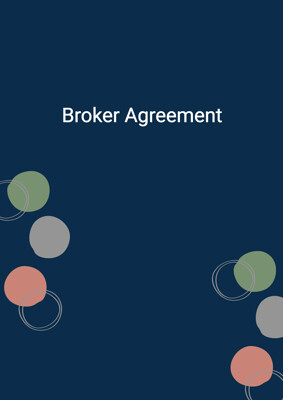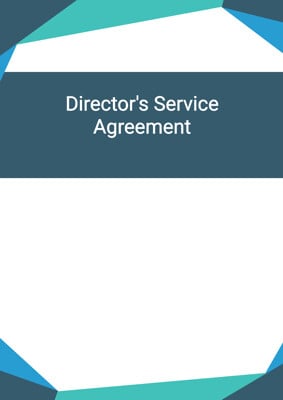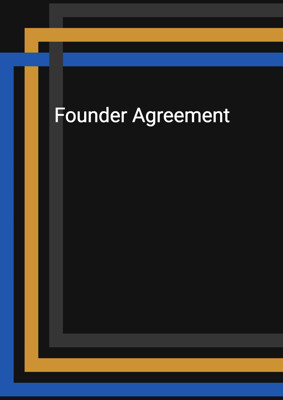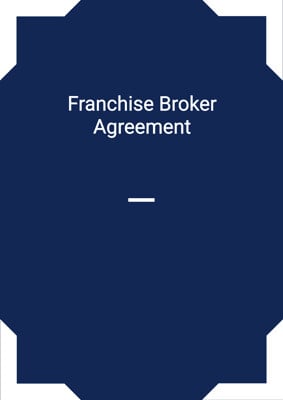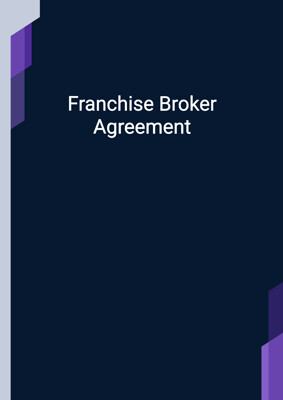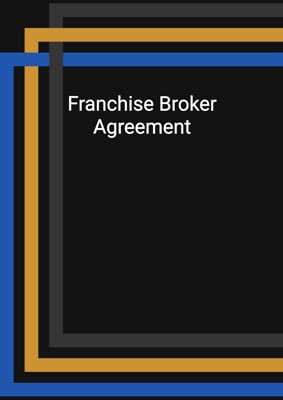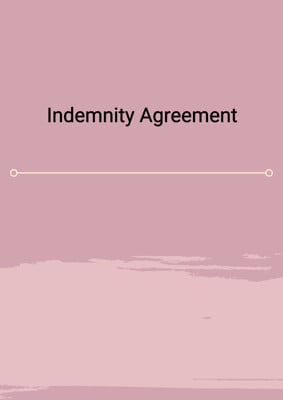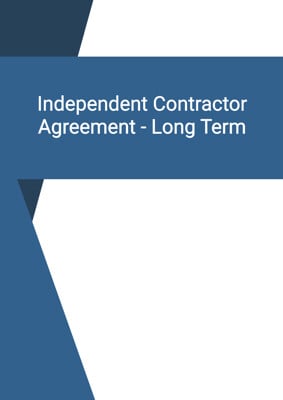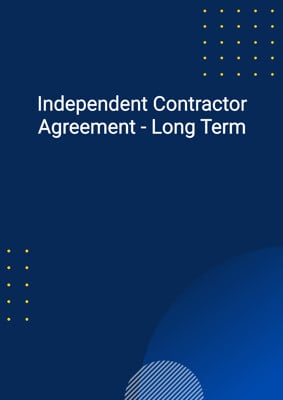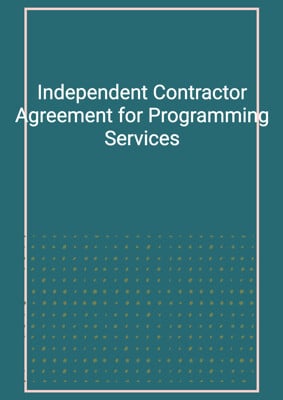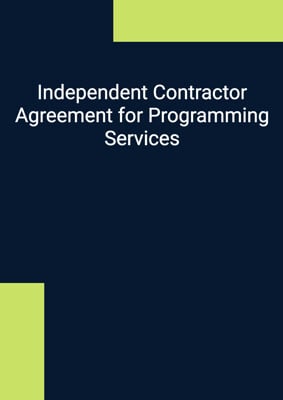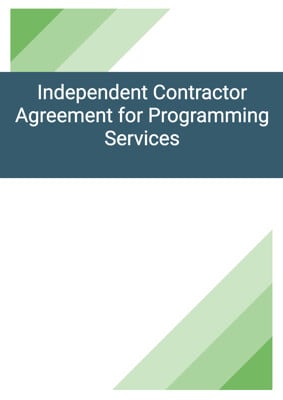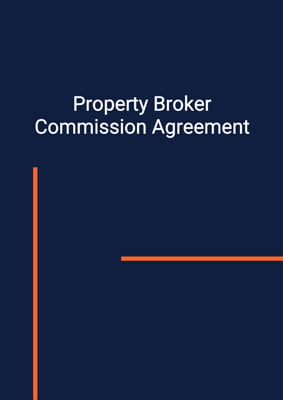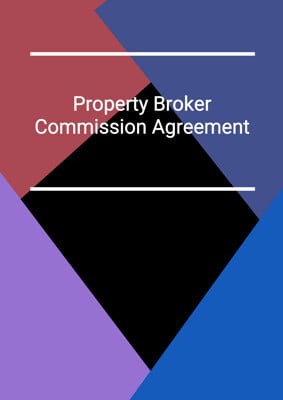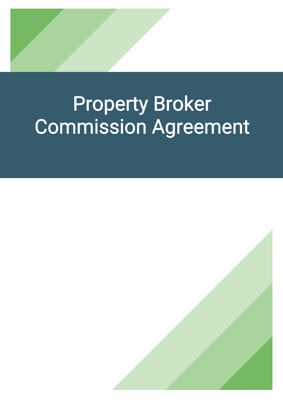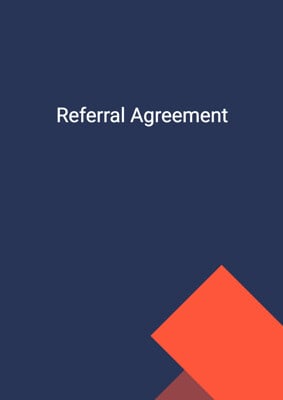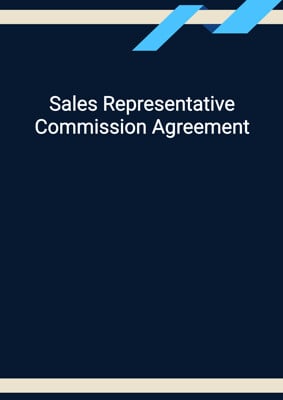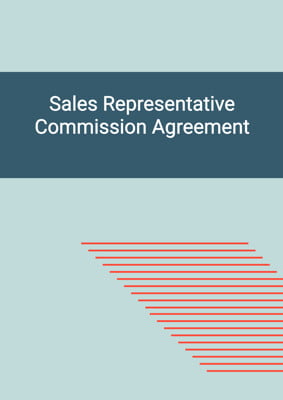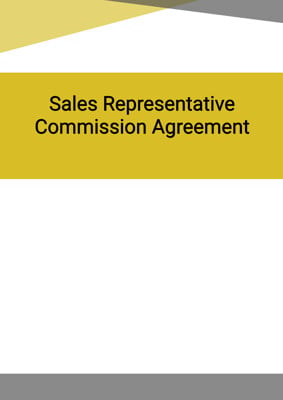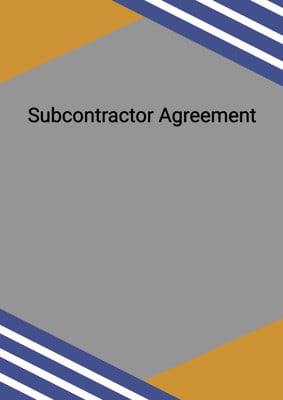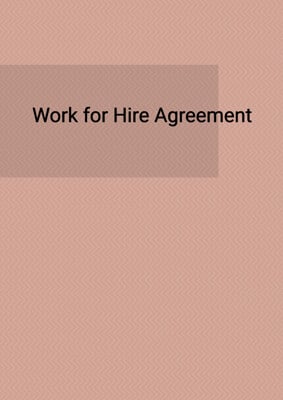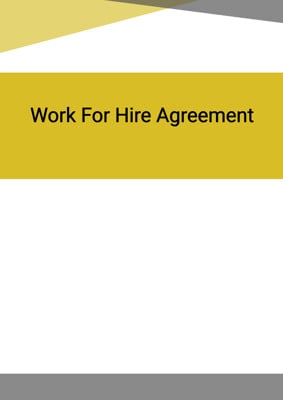How to Tailor the Document for Your Need?
01
Create Document
Fill in the details of the parties. You can click the "Fill with Member’s Information" button to complete it with information saved to your account.
02
Fill Information
Please fill in any additional information by following the step-by-step guide on the left hand side of the preview document and click the "Next" button.
03
Get Document
When you are done, click the "Get Document" button and you can download the document in Word or PDF format.
04
Review Document
Please get all parties to review the document carefully and make any final modifications to ensure that the details are correct before signing the document.
Document Preview
Document Description
The Freelance Writer Agreement is a legally binding document that outlines the terms and conditions between the writer and the customer. It is important as it establishes the rights and responsibilities of both parties and ensures that the job is carried out in accordance with the agreement.
The document begins with an interpretation section, which defines key terms used throughout the agreement. It then outlines the writer's obligations, including writing articles for the customer in accordance with the guidelines listed in Schedule 1 and complying with any instructions or variations issued by the customer. The writer is also required to carry out the job with due care and diligence, ensuring good quality and high standard output consistent with industry standards.
The completion of the work is addressed in Section 3, which states that the job should be completed by the completion date. If there is a delay, the customer may grant an extension of time for completion. If the job is not completed by the completion date, the customer is entitled to liquidated damages at a specified rate per week.
Section 4 includes warranties from the writer, such as making good any quality issues within the warranty period and ensuring that all necessary licenses and bonds are secured for the performance of the services. The writer also warrants that the performance of its duties and any deliverables will not infringe any third-party rights.
Liabilities and indemnities are addressed in Section 5, where the writer is required to promptly notify the customer of any delays, problems, or complaints related to the services. The writer is also responsible for rectifying any defects in the provision of the services and maintaining necessary insurances to cover liability for injury or damage.
The agreement also covers topics such as conflict of interest and non-solicitation, no assignment or modification without written consent, payment terms, injury, damage, and insurance, writer responsibility for personnel, rights in work product, confidentiality, termination, and dispute resolution.
Overall, the Freelance Writer Agreement is a comprehensive document that protects the interests of both the writer and the customer and ensures that the job is carried out professionally and in accordance with the agreed terms and conditions.
How to use this document?
1. Review the agreement: Familiarize yourself with the terms and conditions outlined in the Freelance Writer Agreement. Pay attention to the interpretation section, writer's obligations, completion of the work, warranties from the writer, liabilities and indemnities, and other relevant sections.
2. Follow the guidelines: Refer to Schedule 1 for the guidelines on writing articles. Ensure that each article meets the specified word count and is original work that has not been published elsewhere. Submit the articles in both PDF and Word format to the customer.
3. Comply with instructions: Follow any instructions or variations issued by the customer regarding the job. This may include specific topics or themes to write about, formatting requirements, or other specifications.
4. Maintain quality and standards: Carry out the job with due care and diligence, ensuring good quality and high standard output consistent with industry standards. Adhere to any applicable statutes, regulations, ordinances, or contracts related to the services.
5. Complete the work on time: Aim to complete the job by the agreed completion date. If there are any delays, communicate with the customer and seek an extension of time if necessary. Be aware of the consequences of non-completion, such as the customer's entitlement to liquidated damages.
6. Address any issues promptly: Notify the customer of any delays, problems, or complaints related to the services. Provide recommendations on how to avoid or resolve such issues. Take prompt action to rectify any defects in the provision of the services.
7. Maintain necessary insurances: Ensure that you have appropriate insurances to cover liability for personal injury, death, or damage arising from the job. Provide evidence of such insurances to the customer as required.
8. Protect confidentiality: Keep any confidential information obtained during the agreement confidential and do not disclose it without written permission from the customer. Return any confidential information to the customer upon termination of the agreement.
9. Termination and dispute resolution: Familiarize yourself with the termination provisions and the process for resolving disputes. Follow the specified notice requirements and act in good faith to resolve any disputes amicably.
10. Seek legal advice if needed: If you have any questions or concerns about the agreement or your obligations, consider seeking legal advice to ensure compliance and protect your rights and interests.
Not the right document?
Don’t worry, we have thousands of documents for you to choose from:



